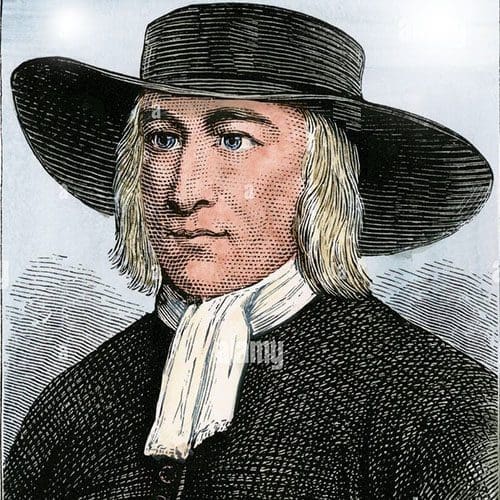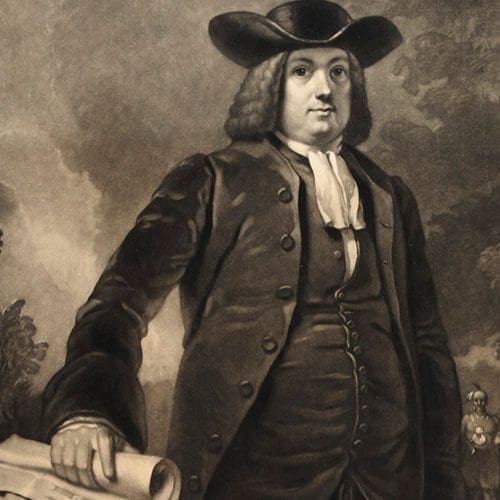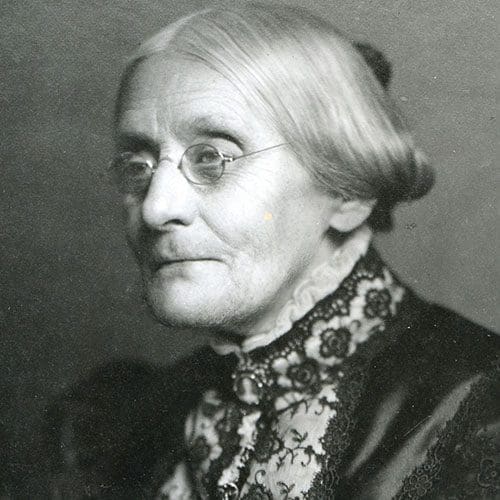Quakerism and The Religious
Society of Friends
A Short History of Our Faith
 Along with the world, Quakerism has evolved and changed over nearly four centuries. Yet still, the fundamental principle that was its original inspiration remains unchanged. That foundational principle is that we are led, led by a Divine Spirit that is known by many names, and is also nameless. This may be called God, the Spirit of Christ, the Living Root, the Inward Light, or simply that which is Eternal. This Loving Guide and Presence enfolds all of space, time, and matter and is the Source of all consciousness and the Creator of all life. We Quakers gather in expectant worship to wait in stillness for the Experience of communion with that Light and Divine Guide. This then leads us directly, orders our lives, and underpins all of our testimonies to the world.
Along with the world, Quakerism has evolved and changed over nearly four centuries. Yet still, the fundamental principle that was its original inspiration remains unchanged. That foundational principle is that we are led, led by a Divine Spirit that is known by many names, and is also nameless. This may be called God, the Spirit of Christ, the Living Root, the Inward Light, or simply that which is Eternal. This Loving Guide and Presence enfolds all of space, time, and matter and is the Source of all consciousness and the Creator of all life. We Quakers gather in expectant worship to wait in stillness for the Experience of communion with that Light and Divine Guide. This then leads us directly, orders our lives, and underpins all of our testimonies to the world.
Image Credit: The Presence in the Midst by J. Doyle Penrose

George Fox
Quakerism begins in England around 1650. A young man, in his twenties, named George Fox was disillusioned and frustrated during the English Civil War when Christians were killing one another in the name of their politics and their various religious sects…

William Penn
William Penn made up a large party of Quakers to come to America that would found the Pennsylvania colony. On August 31, 1682, he set sail from Deal, England, in the good ship Welcome that arrived at New Castle on the Delaware on October 27, 1682. A settlement was made named Philadelphia which means “brotherly love…

Susan B. Anthony
Quakers have been known for many things over the centuries—resistance to war, absolute gender equality, peace efforts and they were prominent in the abolitionist movement. Many of the leaders of the efforts to gain women the right to vote and other freedoms were led by Quaker women, Lucretia Mott and Susan B. Anthony among them…
Testimonies Quakers Live By
Quaker experience of the Divine affects what we do in our personal lives, what we believe and how we work for changes in the wider world. “Testimonies” are what Quakers call the ways we have found to live and act based on our beliefs.
Simplicity
Focusing on what is truly important and letting other things fall away.
Peace
Seeking justice and healing for all people; taking away the causes for war in the way we live.
Integrity
Acting on what we believe, speaking truthfully and having our actions match our words.
Community
Supporting one another in our faith journeys and in times of joy and sorrow; sharing with and caring for each other.
Equality
Treating everyone, everywhere as equally precious, recognizing that everyone has gifts to share.
Sustainability
Care for the earth: valuing and respecting all of creation.
Using only our fair share of earth’s resources, working to protect the planet.
